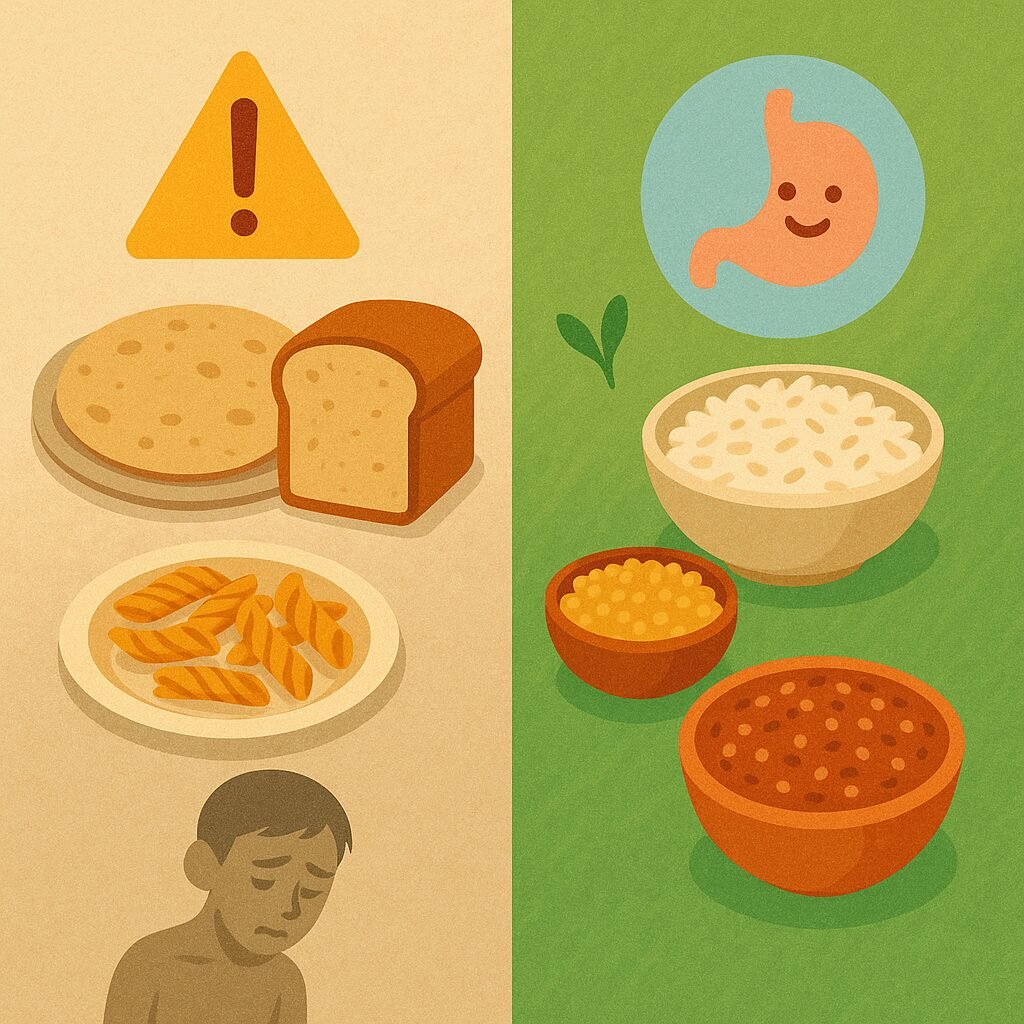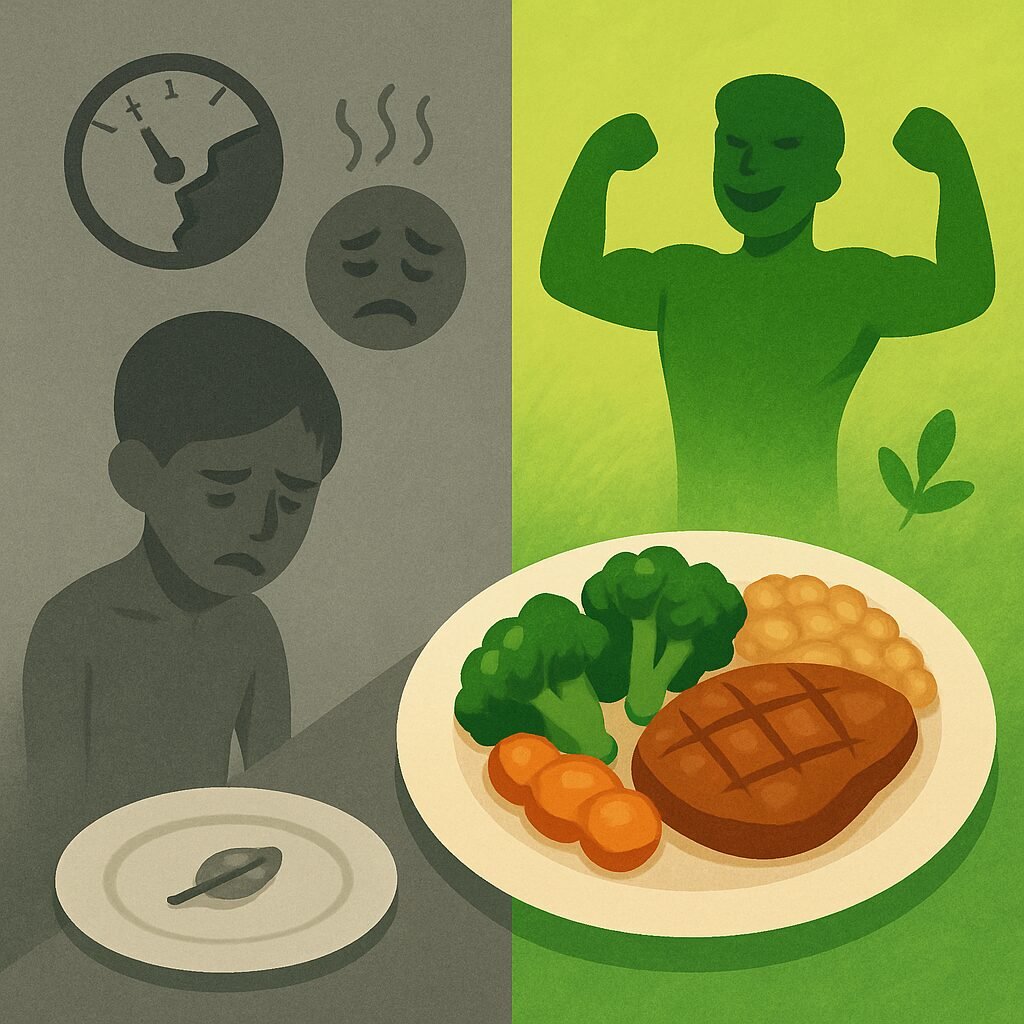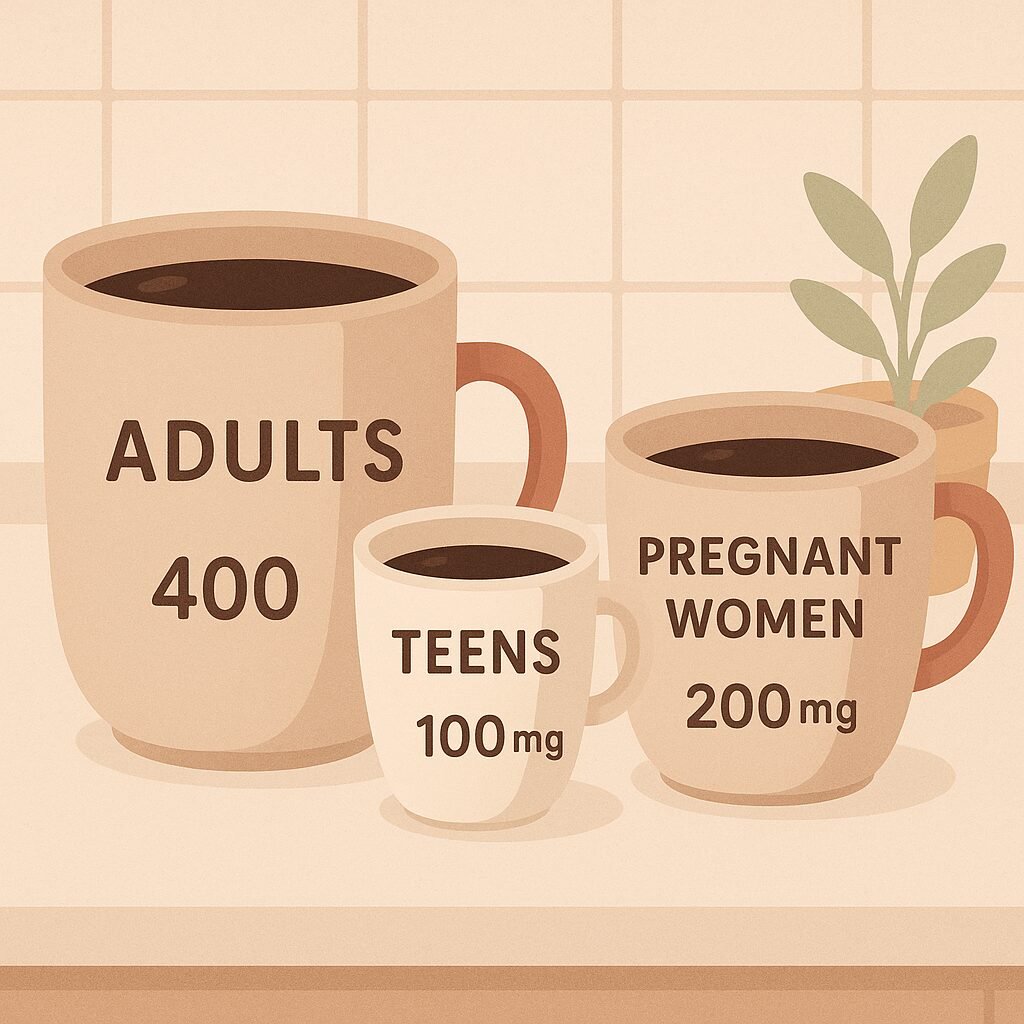If you’re gearing up for a marathon or a high-intensity workout, you’ve likely wondered: Should I grab a sports drink or reach for an energy drink? This is a common question among athletes, and making the right choice can impact your performance and recovery.
The Problem with Energy Drinks
Energy drinks may sound like the go-to solution for an instant boost, but here’s the truth:
- Most contain over 10% carbohydrate concentration, which can spike your insulin levels quickly.
- This leads to a sugar crash, making you feel sluggish mid-run.
- They also often contain high amounts of caffeine and stimulants, which may increase heart rate and cause dehydration—both of which are counterproductive during endurance events like marathons.
Why Sports Drinks Are a Better Choice
Sports drinks are formulated specifically for athletes and endurance activities:
- They are isotonic, with a carbohydrate concentration of 6 to 8%, allowing for rapid absorption—just like water.
- They contain electrolytes (sodium, potassium, etc.), which are crucial for:
- Maintaining fluid balance
- Preventing muscle cramps
- Supporting nerve and muscle function
Sports drinks provide a steady energy release without the crash associated with high-sugar energy drinks.
Tailor Your Hydration Plan
Every athlete is different. Factors like sweat rate, weather, workout intensity, and body composition all impact your hydration needs.
Tip: During a marathon, aim to sip on your sports drink regularly rather than gulping it all at once.
Conclusion
In summary, while energy drinks may give you a quick jolt, sports drinks are the smarter, more sustainable choice for long-distance and endurance events. They help keep your energy levels consistent, support hydration, and reduce the risk of cramps and fatigue.
In case of any related query related to nutrition or weight management book an appointment with Dt. Silky Mahajan .You can also send us a mail at info@foodsandnutrition.in or call on 7829999400. Follow us on facebook & instagram for latest updates.











